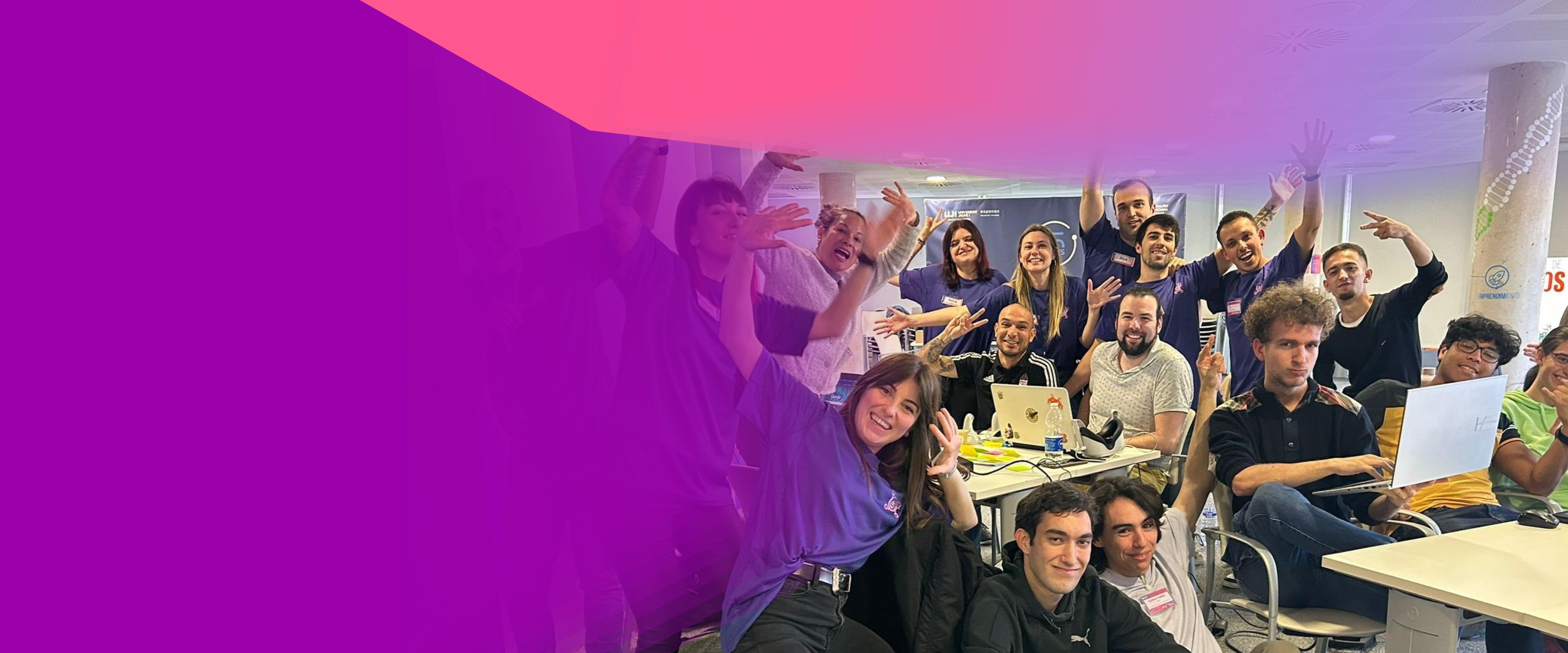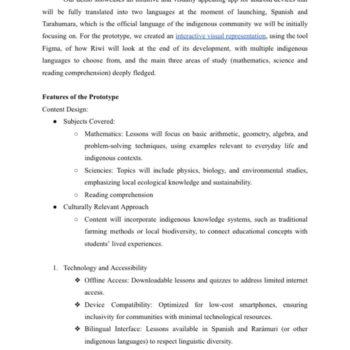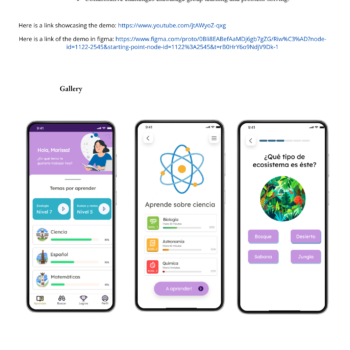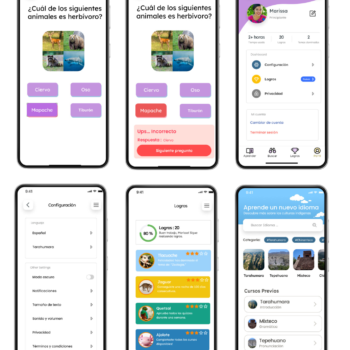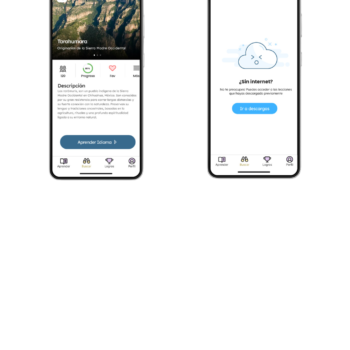LOCAL WINNER
Beginner Awards: Social impact
Riwí
Solution details
Riwí is an educational app designed for indigenous communities, using gamification to teach math and literacy in a culturally relevant way. It combines storytelling, visuals, and interactive challenges to create an inclusive, engaging learning experience.
Tweet / Slogan
Riwí is an educational mobile application that teaches Spanish, science, and mathematics to students from 6 to 18 years old. Its minigames are inspired by México and translated entirely into Indigenous languages, promoting the country's different native languages.
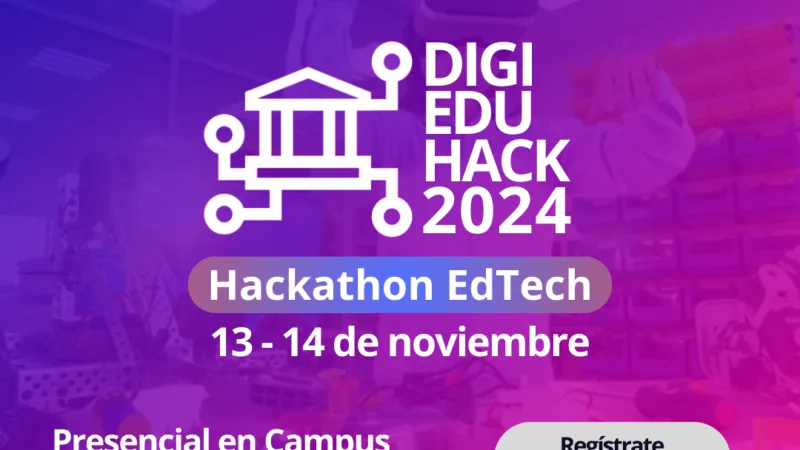
Galactic Snacks
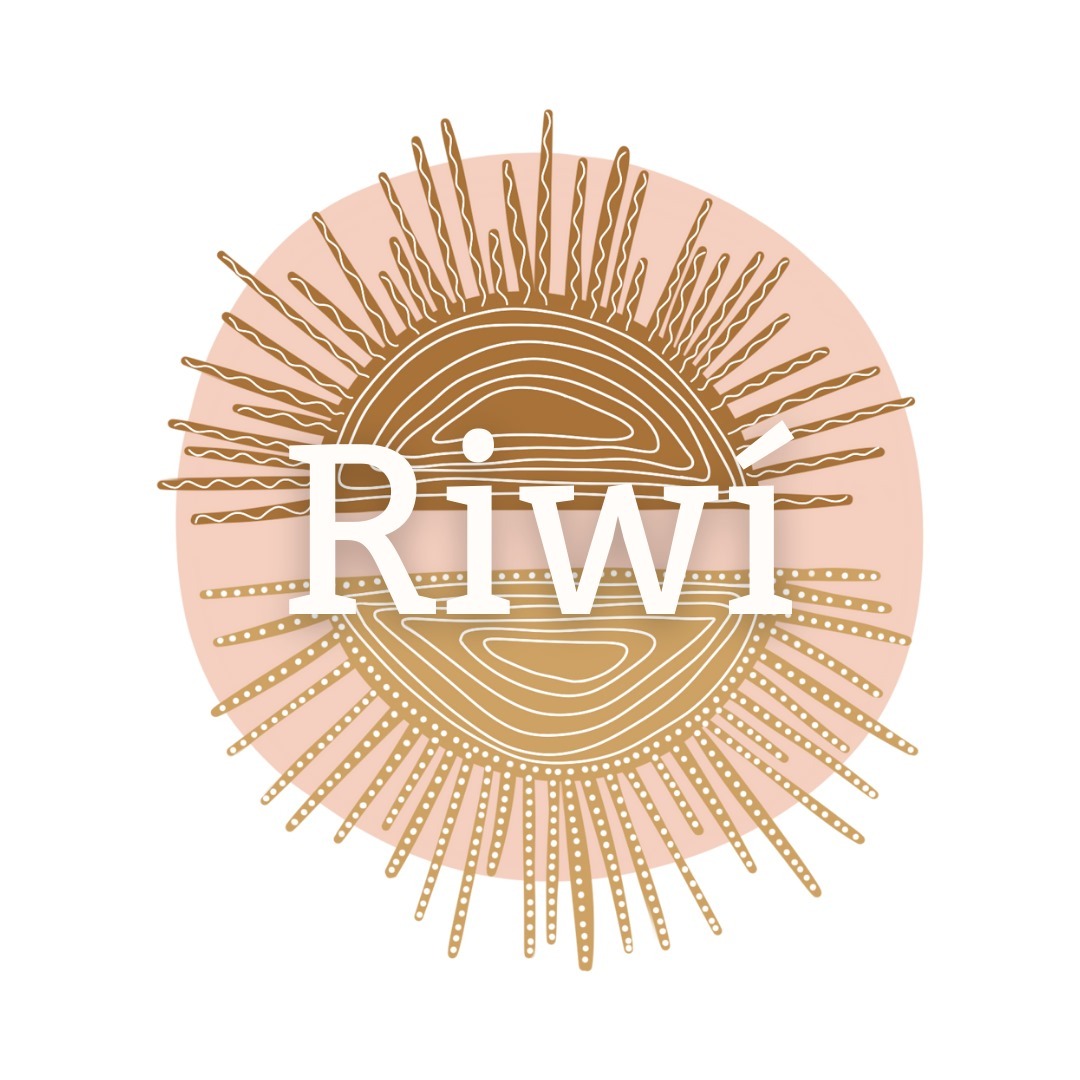
Resources
Technological tools for app development (Flutter, Firebase),funding from partnerships with NGOs and government agencies, e2xpertise from educators, linguists, and community leaders to co-create culturally relevant content.
Context
The challenge addressed by Riwí is the lack of inclusive, culturally relevant education for indigenous communities in Mexico. Students face barriers such as poor internet access, limited educational resources, and teaching methods disconnected from their cultural context. These issues result in low literacy rates, poor academic performance, and a widening digital divide, particularly in rural areas like Chihuahua.
Who Benefits?
Target Group: Indigenous learners aged between 12-18 in rural areas and communities with access to a mobile device, considering that according to data from the Instituto Federal de Telecomunicaciones, 66.71% of the indigenous population have one.
Society: Learners gain access to bilingual, culturally adapted content in Mathematics, Science, and Reading Comprehension, while society empowers communities by improving education equity and preserving indigenous languages and traditions. This fosters long-term educational success and economic opportunities.
Impact
Riwí bridges the educational and digital divide by improving foundational learning in indigenous communities.
Impact Measures: Educational Outcomes: Improvements in test scores (e.g., PISA results). Adoption Rates: Number of active users and expanded coverage to new regions. Cultural Relevance: Engagement with culturally specific modules. The app enhances inclusion, reducing dropout rates and preserving cultural heritage.
Team work
Our multidisciplinary team of first-year Computer Engineering students from Tecnológico de Monterrey brings fresh perspectives and technical expertise, like proficiency in programming, design, and user-centric development. Our vision is to create a shared passion for creating inclusive educational solutions while working closely with educators, linguists, and community leaders to ensure the app’s success and cultural relevance.
Innovativeness
Riwí combines adaptive learning with cultural relevance, a unique feature in the education technology market. Unlike generic educational apps, Riwí provides localized content in indigenous languages, tailored to cultural contexts. It includes offline functionality, addressing connectivity issues in rural areas and its gamification and integration of regional sounds and stories foster motivation and identity. This innovative approach positions Riwí as a pioneering solution for underserved communities.
Transferability
The modular design of Riwí allows its application in other educational contexts:
Other Marginalized Groups: Content can be adapted for migrant communities or rural areas globally.
New Disciplines: Expand to vocational skills, financial literacy, and environmental education.
Languages and Cultures: The platform’s architecture supports additional languages and cultural contexts, making it scalable across regions.
Sustainability
Implementation Plan:
Short-Term: Pilot the app in Chihuahua, focusing on Mathematics and Science for indigenous students, as well as partnering with local organizations with the shared interest of implementing education for these sectors.
Mid-Term: Expand subjects to include Reading Comprehension, History, Writing and Geography; languages as Nahuatl, Maya, Mixteco and Zapotec; and regions.
Long-Term: Partner with governments and NGOs for funding and scalability. Riwí will continue to grow with the help of non-invasive add and collaboration with non-profit or governmental organizations that wish to help indigenous communities.
